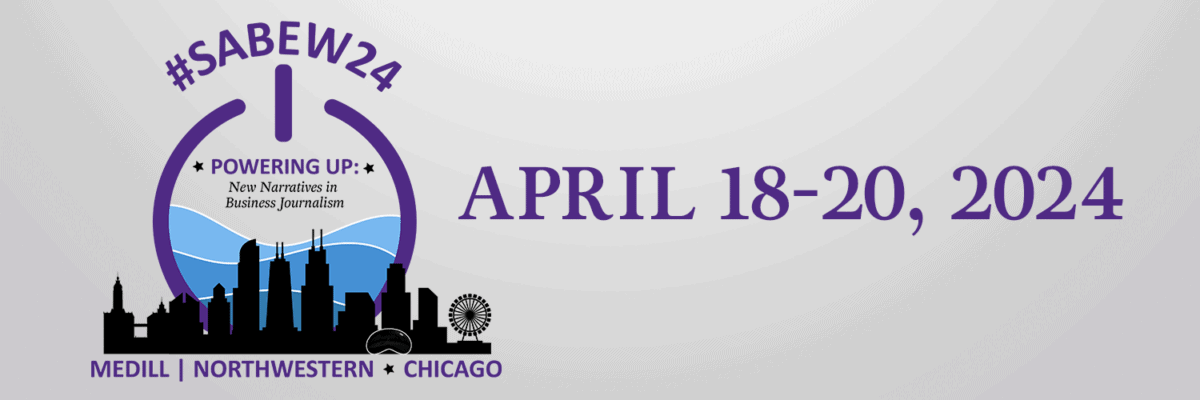By Jada Bowman, University of Georgia
Maria Rodriguez is not alone as someone under the age of 24 in the United States with outstanding federal student loans. According to Enterprise Data Warehouse, that group totaled 1.69 million people as of June 30, 2019.
But Rodriguez, who graduated in December 2018 from the University of Georgia with a degree in management information systems, wants to be rid of her federal debt obligations sooner than required. She began aggressively committing her income to her student loan debt after being hired as a UX designer at Microsoft.
Rodriguez has paid off almost half of her $22,000 loan balance and plans to be debt free by April.
“These loan companies can help you make payments by putting you on this payment plan, based on your income and that could’ve been an easy way for me to have more for myself at the end of the month,” said Rodriguez. “But I didn’t want to do that because I felt like the amount that was adjusted to my income was a little too low and I felt like it would’ve taken me longer.”
She said that when she first began paying off her loans, she would make $1,800 payments a month for six months because she wanted to be done paying the loans off as quickly as possible.
She said that the payment amounts did not necessarily affect her standard of living because she did not have any other expenses. She believes this is something that she was able to do because she is married, and all household expenses are shared between her and her husband.
She has reduced the payment amount to $1,500 a month, but remains on track for retiring the debt by April. Rodriguez does not consider there to be a downside to enrolling in a payment plan other than the time is take for people to complete their payments.
Rodriguez said she received subsidized and unsubsidized loans while she was an undergraduate student, but never considered any private loans. She accepted the loan amounts offered to her after filling out the information for her Free Application for Federal Student Aid (FASFA) so that she would have enough money to pay for her education.
“I don’t think that federal loan agencies make it visible enough for people to know how much they’re really taking out and that they have to pay it back after graduating,” Rodriguez said. “I don’t think we are prepared enough, and I’d rather get it out of the way.”
Mary Carlson, a University of Georgia financial planning Professor, said “more financial education is needed across the board,” but added the government may not be presenting important financial information in a way that sticks with people.
“The government’s way of increasing financial literacy is making you take a class before you enter school and after you graduate you have to take an online class and it’s very generic and spells out the basics,” Carlson said. “People fly through it and finish it in an hour, and I don’t know that that really affects financial matters.”
Carlson said financial planning is up to the individual and no class can really teach you all you need to know about finances and how to budget them.
“You need to be your own advocate for your own personal finances and in your own student loan situation,” Carlson said.
Jada Bowman is a journalism major in the Grady College of Journalism and Mass Communication at the University of Georgia.






